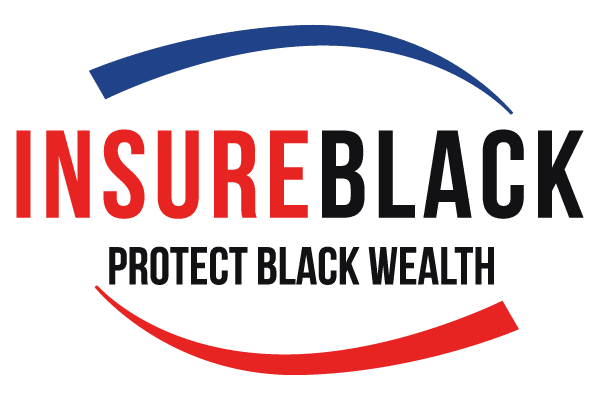Young white professionals often receive financial support from their parents but their Black counterparts fall behind because they’re expected to send money back home. Black millennials didn’t get down payment assistance from their parents and tragically, many still haven’t been able to save for a home because they’re providing monthly financial assistance to their parents. Young Black professionals struggle to build the assets that would help them build wealth for retirement because from the moment they get their first job, they’re expected to supplement the income of and be the retirement package for their parents. Ensuring that their folks continue to get by hinders the next generation from ever doing more than just that and the cycle continues.
The Washington Monthly featured a story a few years back that explored this topic at length. The magazine highlighted a poll conducted at Clark University which indicated that almost 75% of parents provided their Millennial children with financial assistance. The same poll indicated that some 80% of Black parents actually expected their children to support them financially. Black people, however, didn’t need a poll to enlighten them on the topic. Generally speaking, if you’re a Black college graduate with a job– a job, not even a great job –parents and other relatives often expect you to provide assistance. It matters. The $300 each month being sent home, if invested from age 25, would guarantee millionaire status by retirement. Equally important, if your folks can help you buy a home at the age of 25, your life will be drastically different at 35 compared to your Black colleague who’s still renting and has no savings because $300 – 500 each month is earmarked to support family members. The inability to save or acquire assets, due to supporting family, is one critical component that continues to drive the wealth gap.
A study by the Institute on Assets and Social Policy found that white Americans are five times more likely to inherit than Blacks. Even worse, Black Millenials are far more likely to go into debt when a death occurs (this absolutely highlights the need to protect Black families– find a Black insurance agent now). That disparity starts years earlier, however. Young Black professionals entering into their prime earning years need every advantage to build wealth. They have no family wealth to pull on for startup business capital or down payment assistance for a home. For many, getting a “good job” is the only pathway to the middle class and even that is wildly insufficient if they’re not able to save or accumulate enough assets due to the expectations of other family members. As young Black workers become elderly workers, particularly those who’ve raised children, they’ll find that they have no meaningful savings and the cycle repeats.
In fairness to Black parents, way more context is needed here. What has been outlined above is a simple, straightforward presentation of the facts; this shouldn’t be taken as an indictment against Black parents. We also shouldn’t think that they desire to receive support from their young children. To the contrary, Black parents desire to do for their children what every other parent does. For those parents who were born in the 1940s, 1950s and 1960s, in particular, they rely on the support of their children because they were born into a world in which opportunity simply didn’t exist for them. At all. They sacrificed tremendously so that their children could be the first to go off to college or hold white collar jobs. Indeed, many parents sent their children to state universities which were quite literally off limits to them, despite the fact that Black families paid state taxes for generations (another case for reparations and for donating money exclusively to HBCUs). Still, something has to give and the cycle must stop.
Each family is different and every individual’s relationship to their family is unique. There simply isn’t one easy answer to all of this, except every Black parent needs to have a significant life insurance policy so that, at least in death, they can provide for their children and help them build wealth. Families need to have candid conversations with Black insurance agents on what products are appropriate for their situation and how Black children can become millionaires instead of continually going into debt. Black parents have faced a world of discrimination, racial violence and have been locked out of opportunity. That shouldn’t, however, limit their children from the financial security they’re working so hard to achieve.

